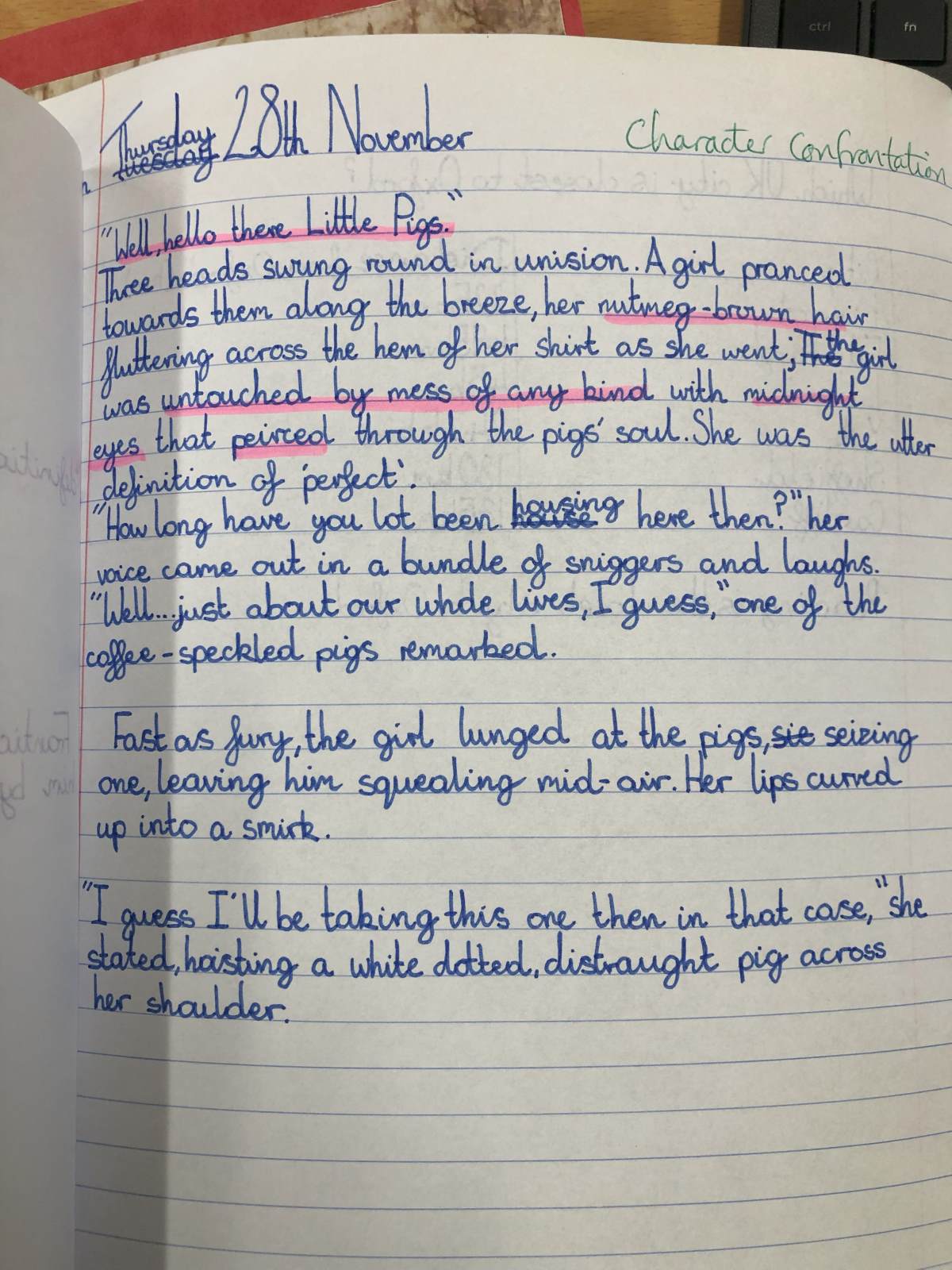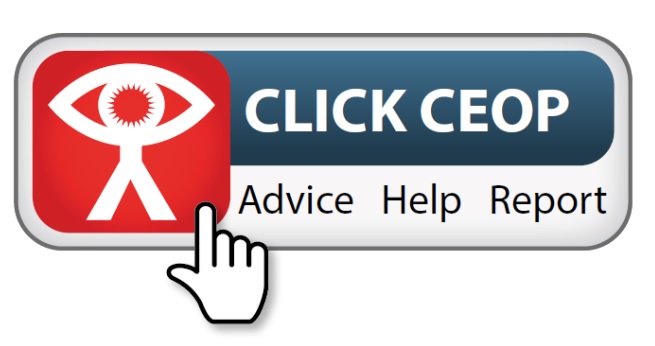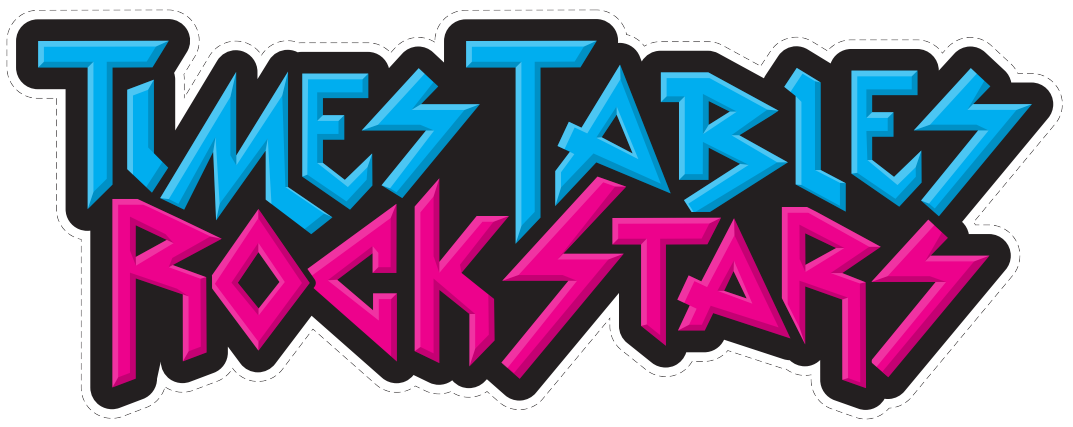English
Intent
English ( referred to as literacy in EYFS) at St Peter's aims to ensure pupils have life long skills for verbal and written communication and a passion for reading, preparing them to be able to access the fullness of opportunities in their next stage of education. Below you will find our intended curriculum broken into the different aspects of English: Speaking and Listening (incl drama); Phonics; Reading; Writing including Spelling.
Here you will find our English EYFS progression map as one document.
Speaking and Listening
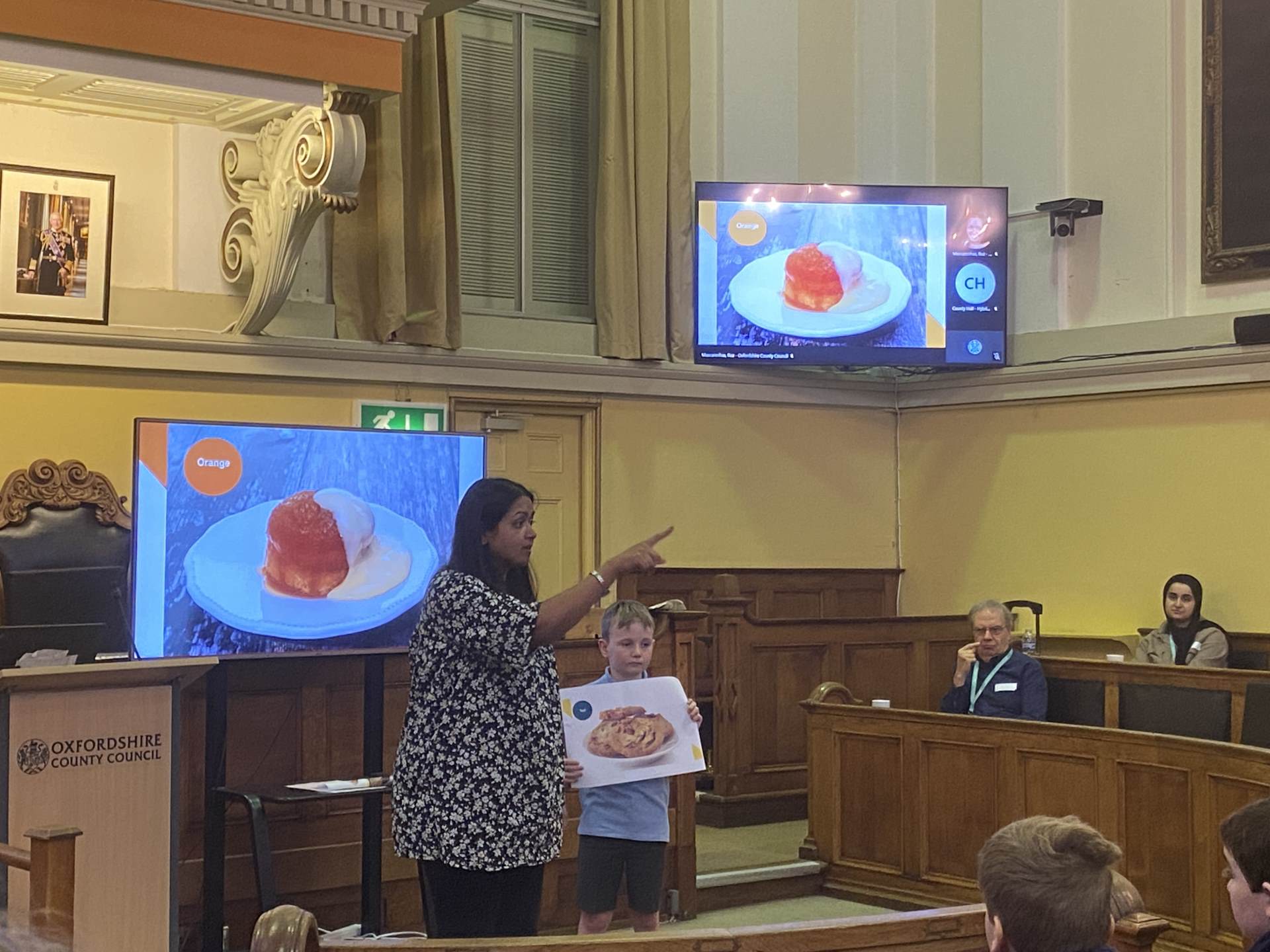 Being able to express yourself is fundamental to communication. Our intended curriculum ensures our pupils are confident and articulate communicators of the future. It also plays an important role in preparing pupils for high quality writing.
Being able to express yourself is fundamental to communication. Our intended curriculum ensures our pupils are confident and articulate communicators of the future. It also plays an important role in preparing pupils for high quality writing.
Speaking and listening progression
Reading
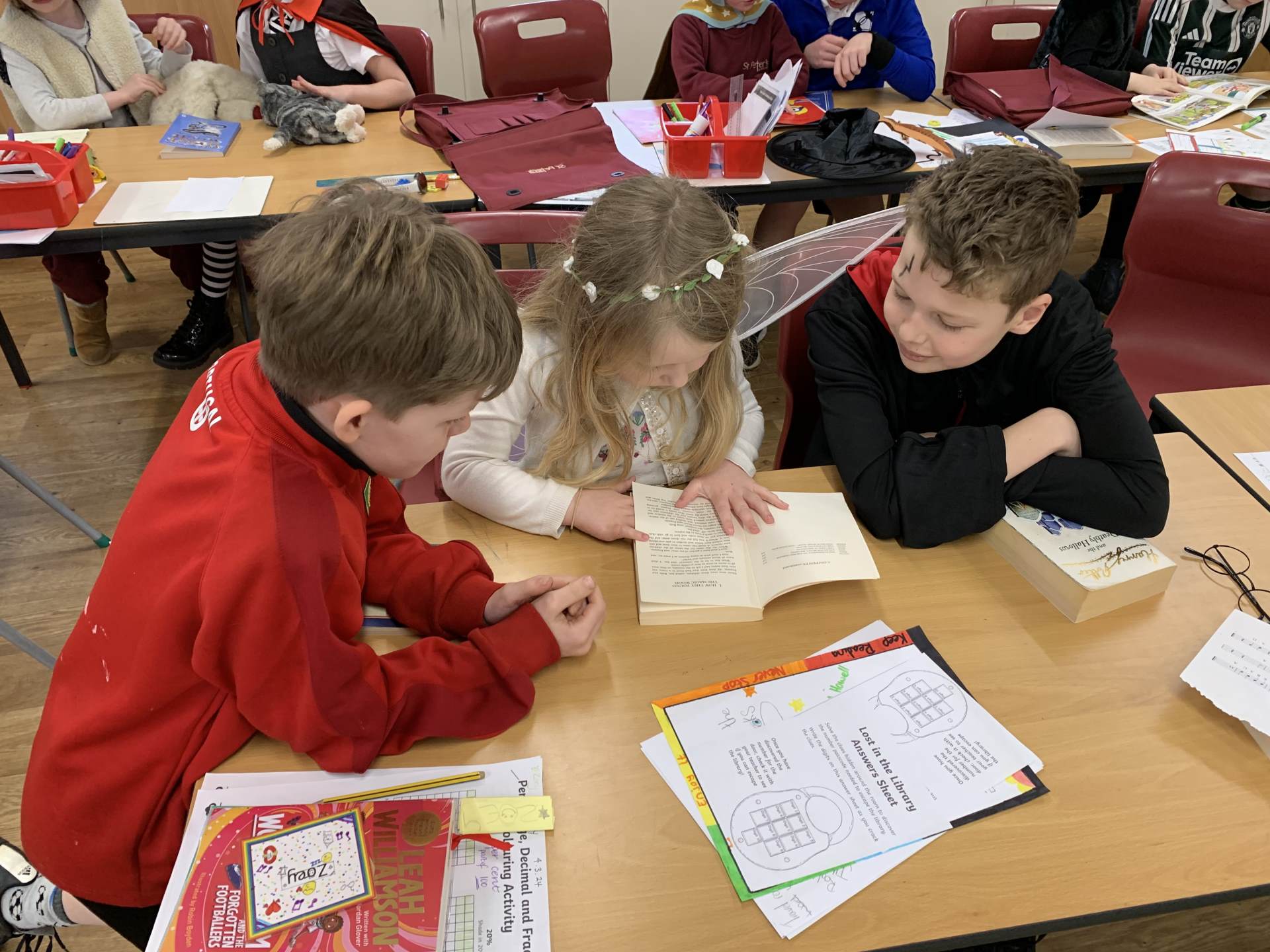 Reading is at the very heart of our curriculum. We develop and encourage through a love of books and reading so that, by the time pupils leave St Peter’s, they are able to read fluently, expressively and with confidence. They are able to talk excitedly about books and authors and are familiar with a wide range of text types and genres.
Reading is at the very heart of our curriculum. We develop and encourage through a love of books and reading so that, by the time pupils leave St Peter’s, they are able to read fluently, expressively and with confidence. They are able to talk excitedly about books and authors and are familiar with a wide range of text types and genres.
Click here to see the range of core texts we have selected to teach reading across the school. These books may link to topic as this is a good way to engage pupils in reading and model and rehearse vocabulary that can be used in writing and other areas of the curriculum but the priority for book choice is their literary merit including language and conventions, style and complexity. We also aim to provide a broad and diverse range of genres, authors and text types over a pupil's school career at St Peter's.
Phonics is taught throughout the school using the Dof E approved synthetic phonics teaching programme 'Bug Club' by Pearson. It ensures systematic coverage and progression. Click here for an introductory overview for parents.
Writing
We are proud to be part of the ODST's writing project this year which is supporting us to revamp our writing curriculum in 24-25 academic year to ensure our intended curriculum creates confident and creative writers.
to revamp our writing curriculum in 24-25 academic year to ensure our intended curriculum creates confident and creative writers.
Click here to see the range of core texts we have selected to teach writing across the school this year.
Y2-6 Spelling Progression MapHandwriting policy
Y1/2 Writing Progression Map Y3/4 Progression Map Y5/6 Progression Map
Implementation
Speaking and Listening
We deliver a combination of explicit speaking and listening lessons and activities and embedded activities across the curriculum to rehearse and deepen skills. We deliberately plan in regular opportunities for pupils to apply skills in different contexts, foe example; buddy reading; class assemblies; pupil lead collective worship; pupil voice groups in school; cross partnership events. We run speech and language and communication interventions for pupils who may need them.
Reading
Reading takes place daily throughout the school in many different forms including shared, guided, independent and is embedded throughout the curriculum. We value story time every day in every class. We are also lucky enough to have regular reading volunteers and even a therapy dog who hears pupils read.
Reading forms an important part of our homework routines. We ask that children read at home daily. In Reception and Key Stage 1 we ask parents to record reading at home in the reading record. In Key Stage 2 children are expected to record their reading for themselves in the reading record. This supports our on-going partnership between home and school.
 |
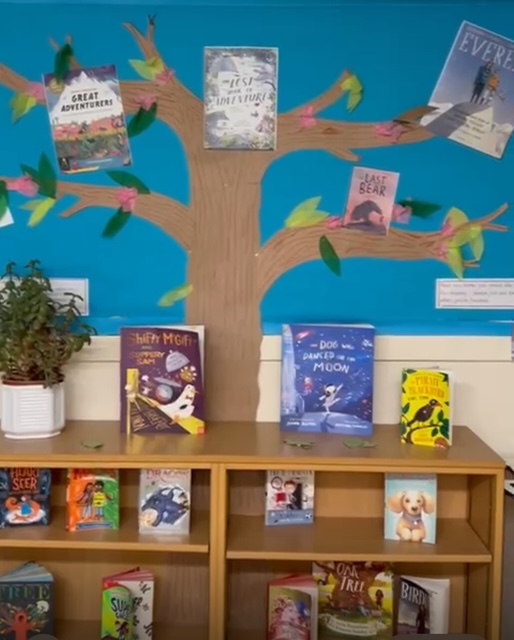 |
Each classroom has a reading corner, with a range of books for the children to read in school or borrow to read at home, and all the children have access to a wide range of fiction and non-fiction as well as magazines and poetry. Books are restocked each term with suggestions from pupils to ensure a continued enthusiasm for reading.
reading info from parent mtg.pdf
Phonics
Children start to learn phonics when they join our school in Reception. Phonics is taught in groups focusing on children's recognition of the letter sounds and how to read and write these. Click here to hear how to pronounce the sounds.
In Reception and Key Stage 1 children are taught in smaller groups, led either by a trained class teacher or by a trained teaching assistant. The children are assessed regularly to ensure that they are in the appropriate group for supporting and extending their individual needs. Year 1 children take part in statutory Phonics Screening during Term 6, and parents are informed of their child's achievement at the end of the school year. Phonics continues into Year 2 and Key Stage 2 for those who need it.
Click here for a glossary of all the phonic vocabulary.
A range of e-books can be accessed online at: Oxford Owl
Writing (incl spelling)
Writing should be purposeful and an activity in it's own right, as well as to support other subjects and activities. We teach transcription skills in isolation to avoid cognitive overload. We teach composition in progressive steps and provide a range of activities to enable pupils to develop confidence and automaticity as they progress in their writing. We strongly believe in taking time to master small steps of progress will enable pupils to successfully achieve a piece of writing as an outcome, rather than repeatedly practising complete pieces. We use a combination of text extracts, familiar texts (from reading) and texts specifically chosen for the high quality written text they model for our pupils. Writing at Peter's happens daily, but often build to an outcome over 2-4 weeks of smaller steps of building and deepening knowledge (including vocabulary) and skills. Writing over time encourages a variety of genres and styles.
Adult support and small group work is sometimes used where appropriate. Peer learning, especially in drafting and editing stages of writing is a common feature of lessons at St Peter's.
Spelling lessons are discreet and daily. Dictation is used to support spelling rehearsal regularly. Homework supports learning of spellings.
Impact
79% of EYFS pupils in in 23-24 achieved GLD (national 68%)
92% of Y1 pupils in 23-24 achieved their phonic screening check. (national 80%)
73% of Y2 pupils achieved expected standard in reading (national 71%)
73% of Y2 pupils achieved expected standard or higher in writing (national 70%)
86% of Y6 pupils achieved expected or higher in reading (national 74%)
71% of Y6 pupils achieved expected or higher in Grammar, Punctuation and Spelling (national 72%)
A former pupil of ours placed 2nd in a national poetry competition with a poem she wrote in Y6 at St Peter's. Benjamin Zephaniah - Future Writers | Birmingham City University
Our y5/6 writing is used as an exemplar on this website The Lost Happy Endings work — InnovatEducation
Cygnus YR
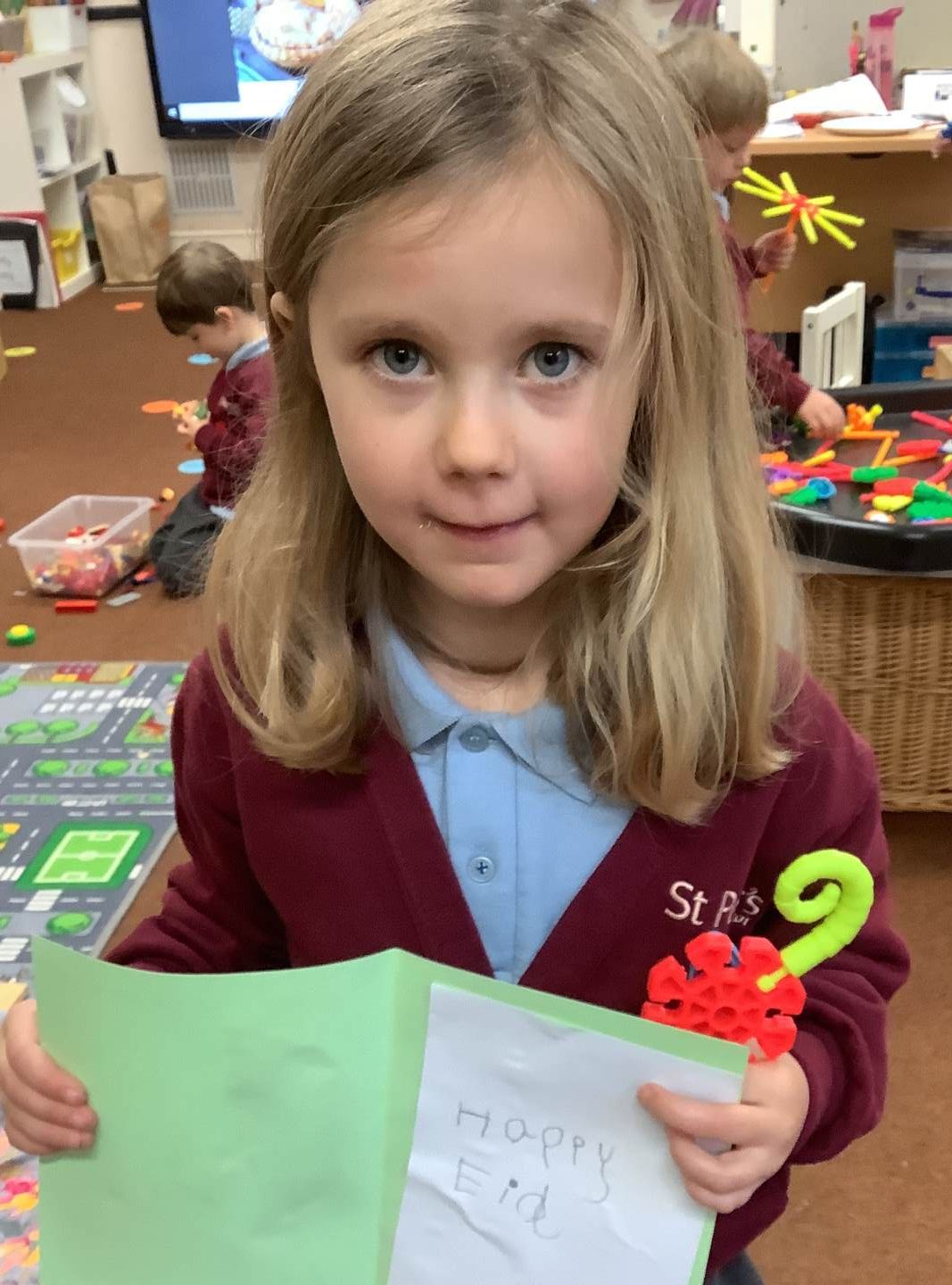
Tucana Y1/2

Phoenix Y3/4
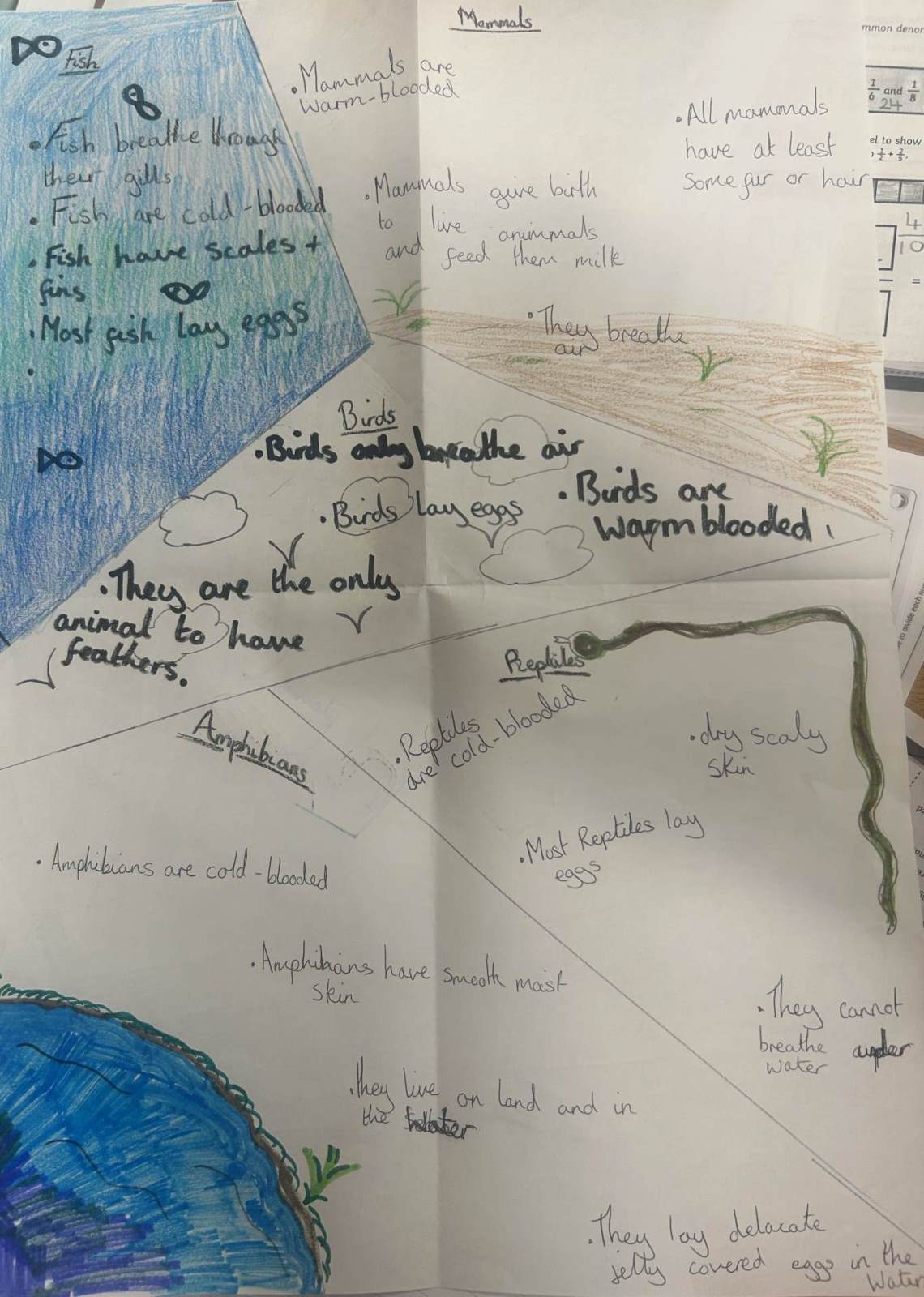
Pegasus Y5/6
